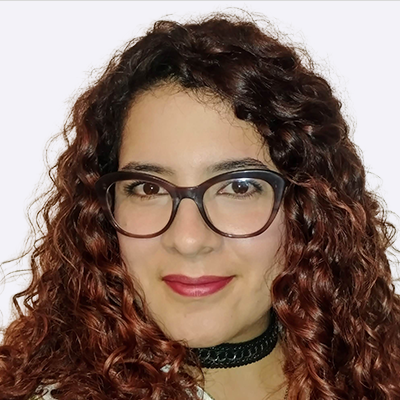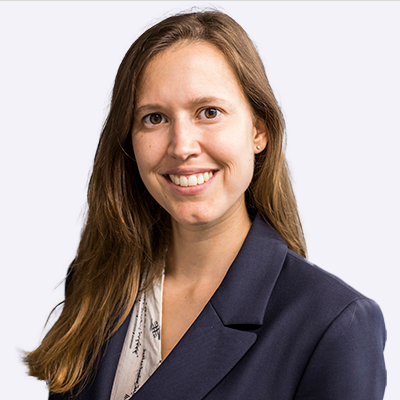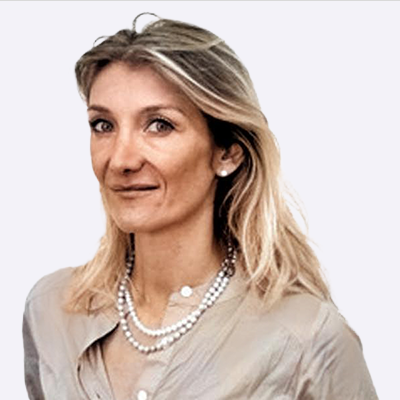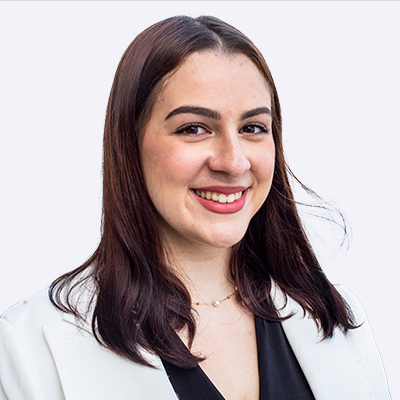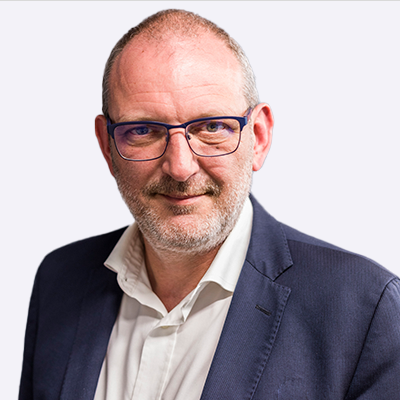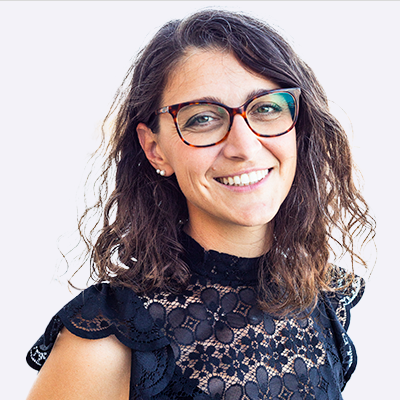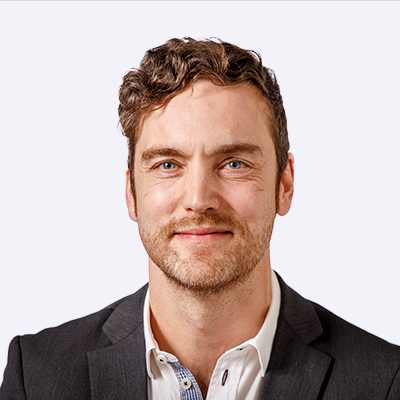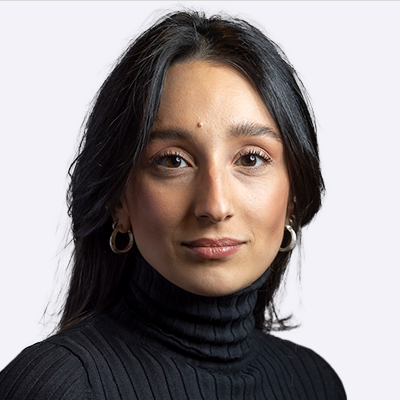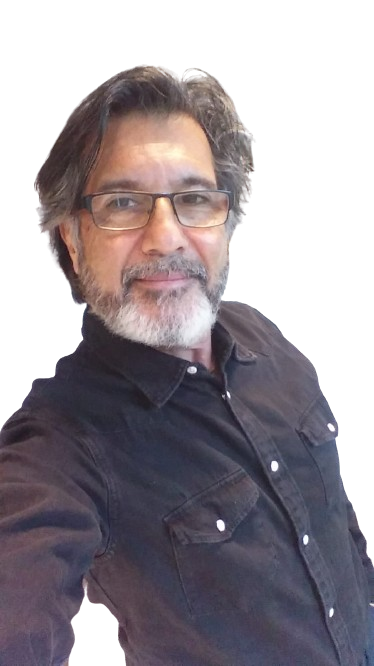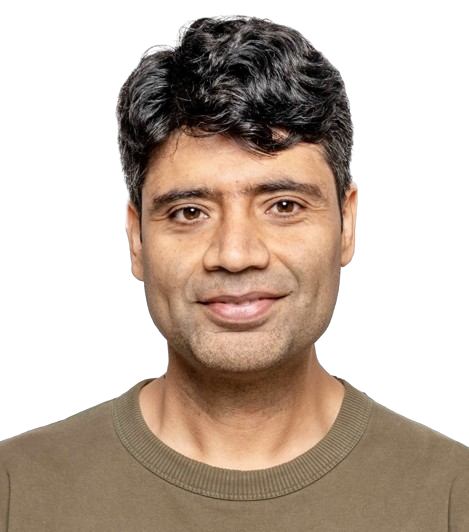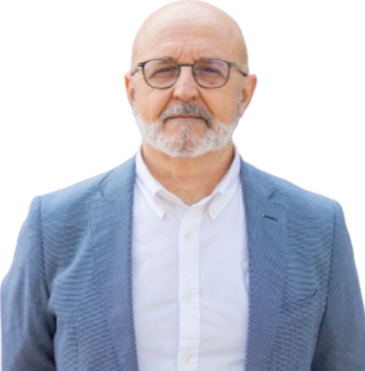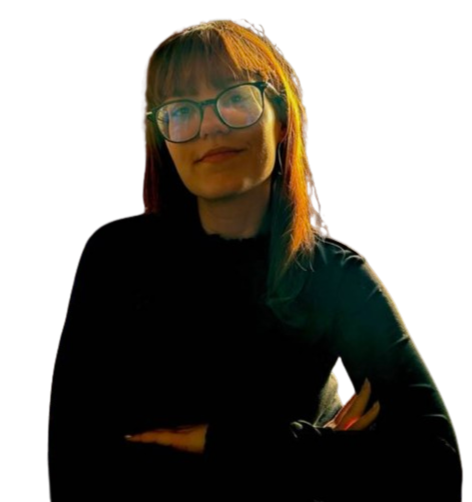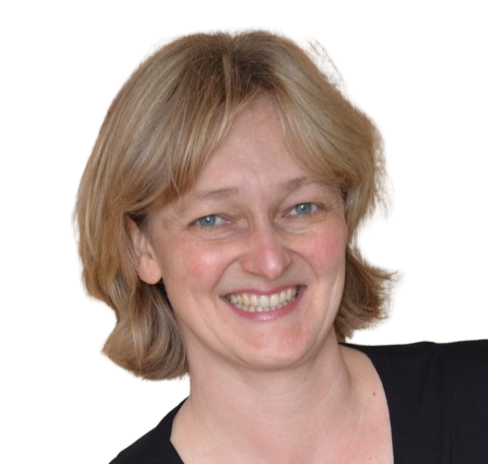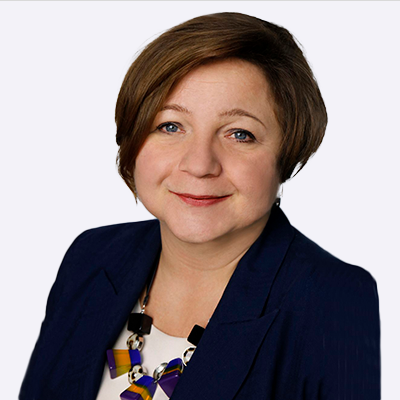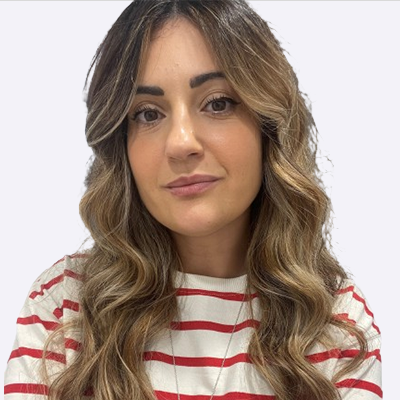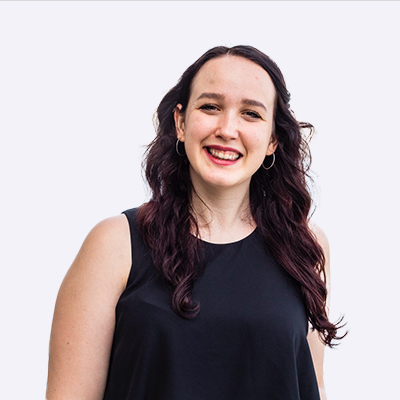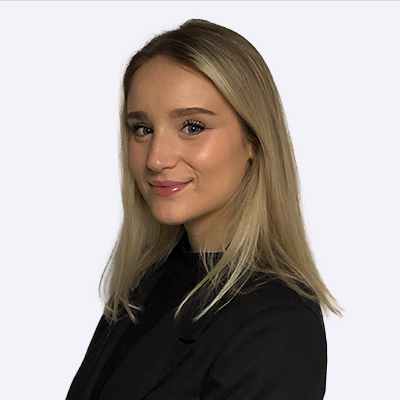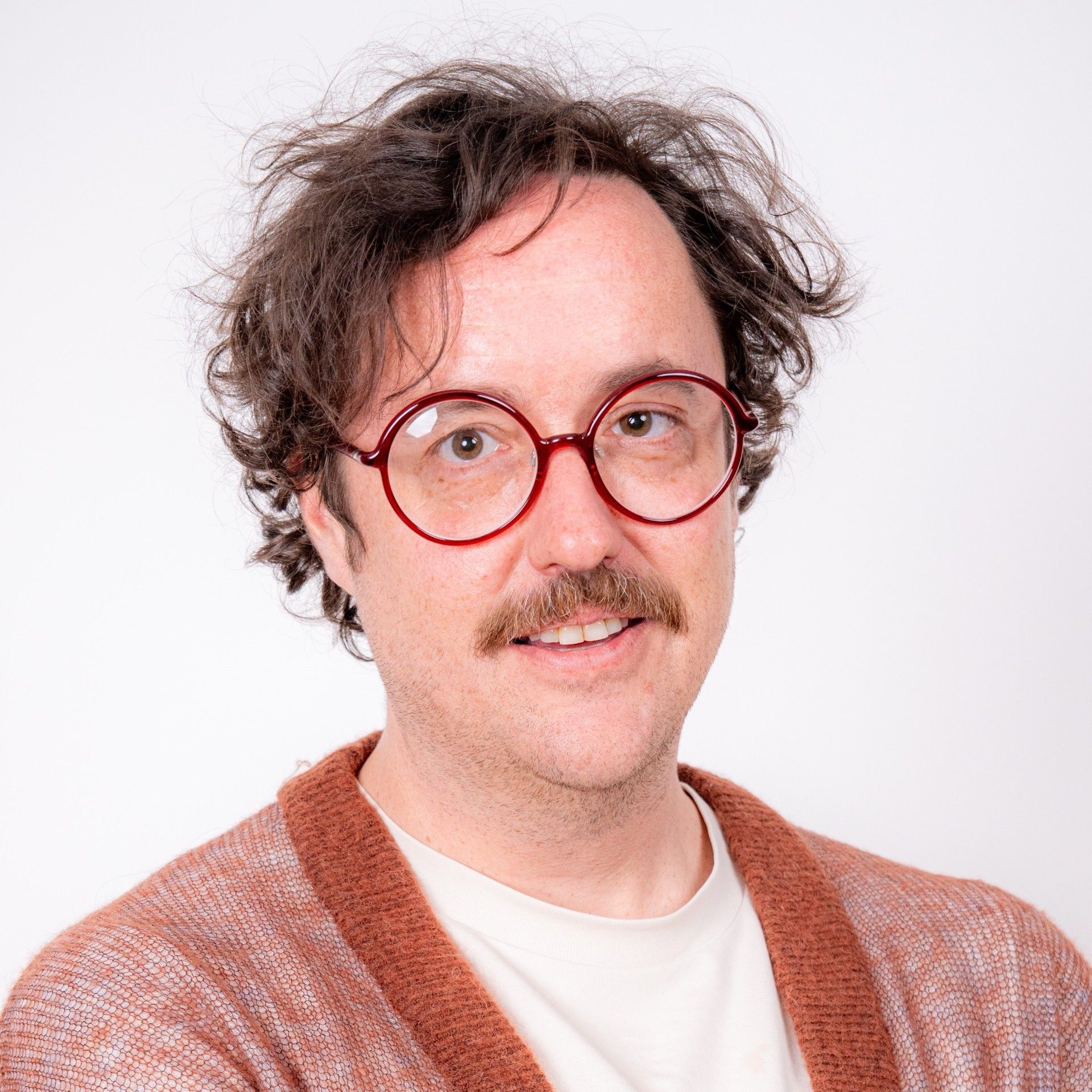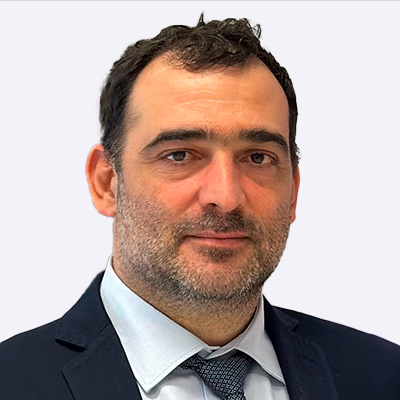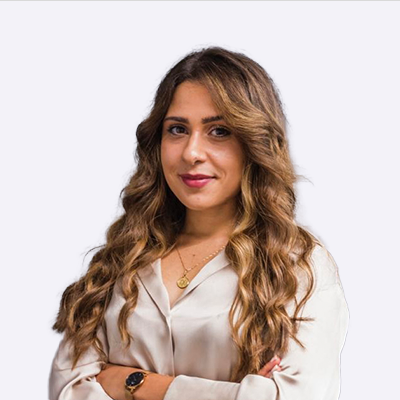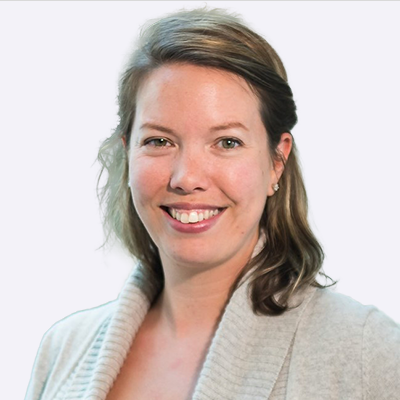Living Lab Integrative Process Video Series
Explore the Living Lab Integrative Process video series, created by the SCORE project. This comprehensive course guides participants through a user-centric methodology designed to foster innovation and address complex challenges in real-world settings.
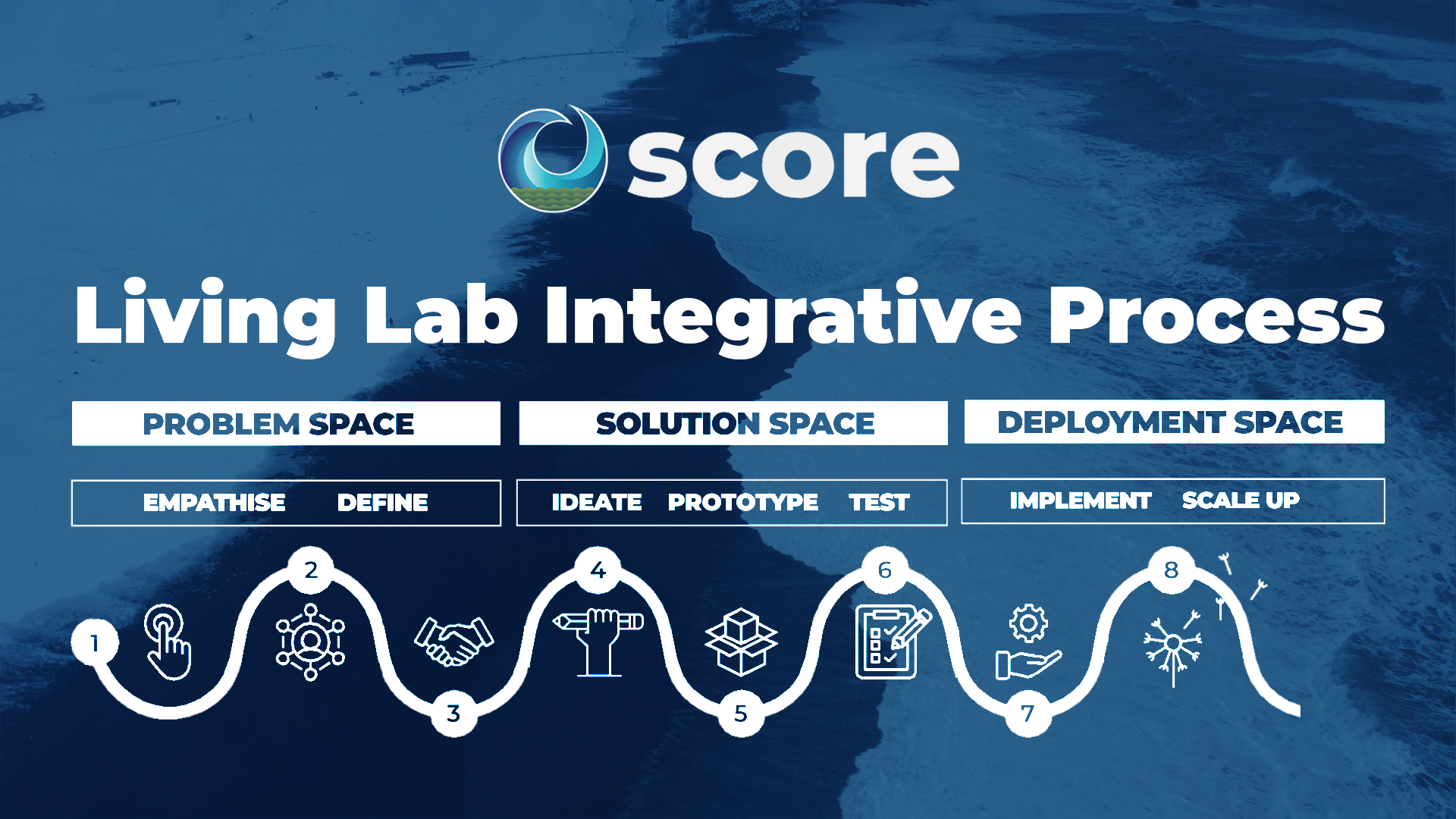
Video Lessons
Introduction to the Living Lab Integrative Process
Dive into the innovative concept of Living Labs in this introductory video from the SCORE project. Learn how these Labs foster co-creation in real-world environments, integrating research, innovation, and the Quadruple Helix Model, where public, private, academic, and citizen stakeholders collaborate for impactful change. You will also discover the Coastal City Living Labs concept, developed to address the unique challenges coastal cities face, such as sea-level rise, coastal erosion, and extreme weather events.
Understanding the Living Lab Integrative Process
Discover the Living Lab Integrative Process in this first video of the series. Learn about the three key spaces of the Living Lab Integrative Process: the Problem Space, Solution Space, and Deployment Space, and how they work together in an iterative, participative approach to tackle complex challenges. Understand how Living Labs emphasize context, stakeholder collaboration, and continuous solution refinement for maximum impact.
Living Lab Integrative Process: Empathize Stage – Building a Strong Foundation
Explore the empathise stage of the problem space in this second video of the series. Learn how understanding the community’s socioeconomic and cultural context is key to successful co-creation. Discover practical steps for selecting methods, engaging stakeholders, and gathering insights through interviews, surveys, or focus groups. This stage ensures all voices are heard, with solutions grounded in real community needs.
Living Lab Integrative Process: Define Stage – Identifying Barriers and Challenges
Discover the define stage in this third video of the series, where the focus is on identifying the barriers and challenges faced by stakeholders. See how engaging with stakeholders through interviews and workshops refines the understanding of these issues, laying the groundwork for impactful solutions. By pinpointing and assessing these barriers, you’ll learn to develop targeted, inclusive solutions that address real-world challenges.
Living Lab Integrative Process: Ideate Stage – Co-Designing Creative Solutions
Step into the solution space with this fourth video, focusing on the ideate stage, where creativity thrives. See how stakeholders collaborate to generate innovative solutions for the challenges identified earlier. Discover co-design techniques like mind-mapping and bodystorming, and learn why fostering an open, judgment-free environment is essential for sparking creativity and creating a shared vision.
Living Lab Integrative Process: Prototype Stage – Bringing Ideas to Life
In this fifth video in our series, we will be focusing on the prototype stage within the solution Space. Here, ideas from the Ideate stage come to life as tangible prototypes, ready to be tested in real-world settings. Discover why piloting interventions and collecting user feedback are crucial for refining prototypes before full-scale implementation. This stage helps test assumptions, gather insights, and fine-tune solutions using real-world data.
Living Lab Integrative Process: Test Stage – Evaluating Performance and Impact
Explore the sixth video in our series, where we dive into the test stage of the Living Lab Integrative Process. This stage is all about evaluating the performance and impact of solutions through real-world piloting and experimentation. Discover how success is measured using clear indicators, helping refine interventions and prepare them for wider implementation.
Living Lab Integrative Process: Implement Stage – Integrating Solutions into Real-World Settings
Discover the seventh video in our series, focusing on the implement stage in the Deployment Space. Here, solutions are put into action within real operational environments. Discover how to effectively demonstrate and integrate these solutions, the role of ongoing stakeholder engagement, and the importance of monitoring and adjusting to meet end-user needs.
Living Lab Integrative Process: Scale Up Stage – Expanding Impact and Reach
Dive into the eighth and final video in our series, where we explore the Scale Up stage of the Living Lab Integrative Process. This stage is all about expanding the impact of solutions, reaching broader audiences, and maximizing potential. See how solutions are tested in diverse settings, refined for market adaptation, and scaled up to benefit more people. Learn how innovations from the Living Lab are made replicable and ready for large-scale implementation.
Discover the SCORE Project
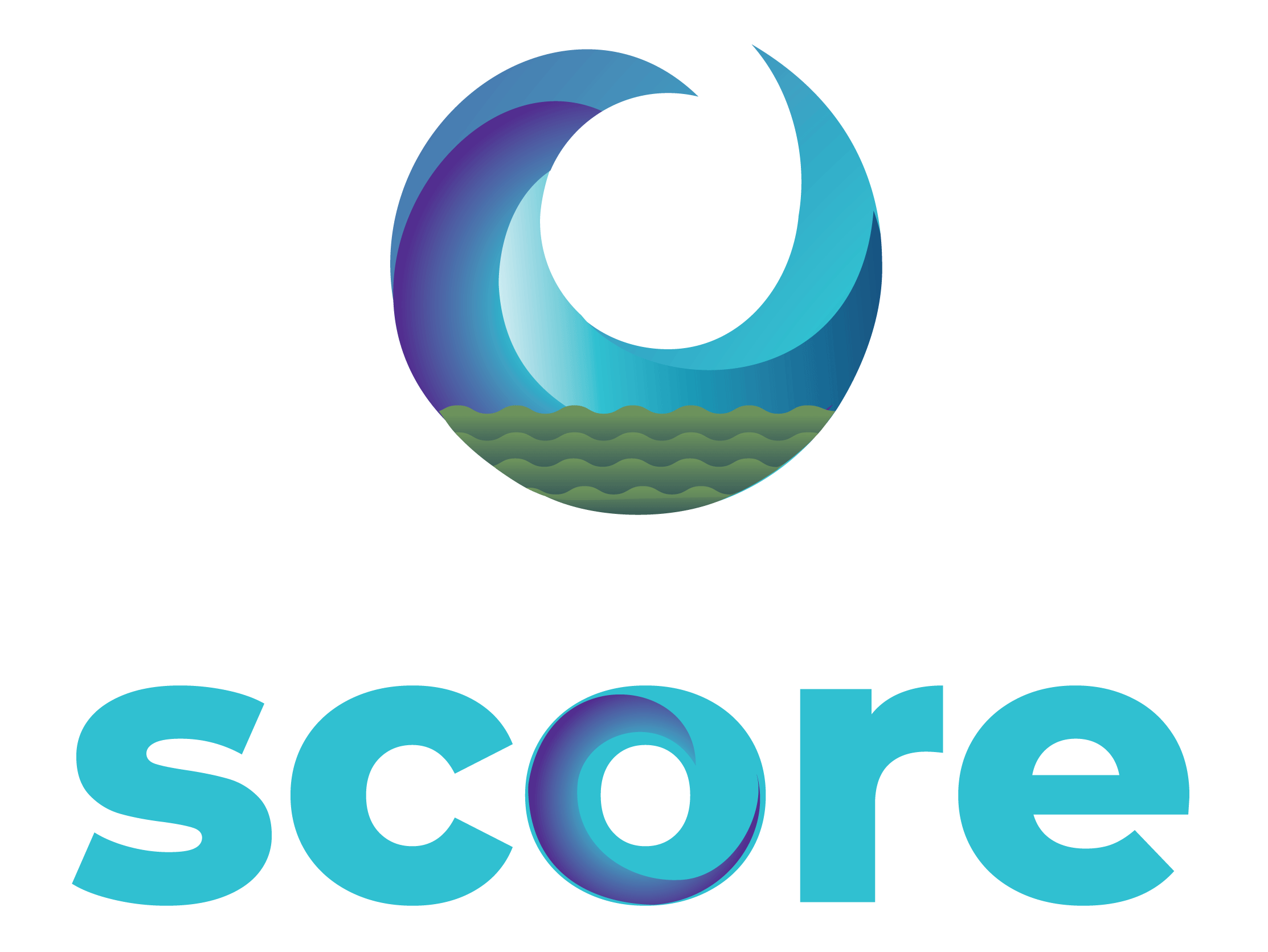
Licensed by ENoLL under the Creative Commons Attribution-NonCommercial-NoDerivatives 4.0 International License. To view a copy of this license, visit Deed - Attribution-NonCommercial-NoDerivatives 4.0 International - Creative Commons.
This project has received funding from the European Union’s Horizon 2020 research and innovation programme under grant agreement No 101003534.
Based on the original work developed by Mastelic, J. (2019).
Stakeholders’ engagement in the co-design of energy conservation interventions: The case of the Energy Living Lab.
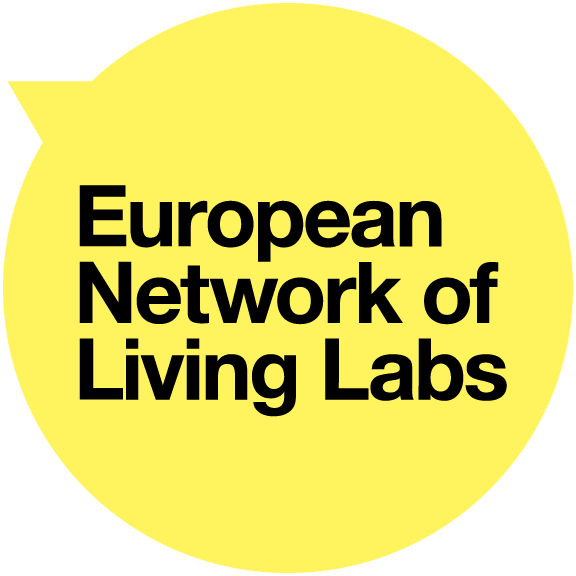
European Network of Living Labs ivzw
VAT number: BE0824.793.473
Avenue des Arts 6, 1210 Brussels, Belgium
© ENoLL 2024
Marta De Los Rios White is the Head of Capacity Building and Research at ENoLL. She is a Process Engineer with a Master in Sustainable Cities with international project management experience (South and North America, Africa, Europe). She has great experience in sustainable and participative process improvement and co-creation of solutions with a systemic and strategic thinking approach. She has a very good understanding of various thematic areas such as climate change, climate adaptation, sustainability, sustainable production, circular economy, process improvement, urban sustainability, life cycle assessment and life cycle thinking. She is familiar with Urban Living Labs and co-creation in the urban environment. She is an experienced project manager with 10 years of experience supporting the implementation of international cooperation projects for different donors and specially for the European Commission in a variety of technical areas.
Spela Zalokar is a Senior Project Manager and Capacity Builder at ENoLL, specializing in Urban Living Labs and climate neutrality initiatives. With academic credentials in European Studies and Politics & Society, she brings a profound understanding of the social, political, and environmental dynamics shaping urban landscapes. Spela is adept at developing and implementing innovative tools and methodologies tailored to Living Labs' unique challenges, including the Co-creation toolkit and the Urban Living Lab Mapping Canvas. Her work focuses on fostering stakeholder collaboration, driving sustainable urban development, and empowering communities in co-creating their urban environments. Prior to her current role, Spela gained valuable experience in EU institutions such as the European Parliament and the European Commission (DG REGIO), providing her with insights into EU intricacies that inform her work on Living Labs and related initiatives.
Martina Desole has 20 years of experience in the international public sphere, specializing in R&D policy orientation, public engagement, advocacy, and science diplomacy. She has collaborated extensively with the European Commission, Ministries, and Funding Agencies in over 15 extra-European countries. Currently, Martina serves as the Director of the European Network of Living Labs (ENoLL), where she leads the organization in promoting innovation through user-driven research and fostering public-private partnerships across Europe and beyond. Previously, Martina was the Head of Unit for International Cooperation and Innovation at APRE - Agency for the Promotion of the European Research. In this role, she managed and coordinated over 15 International Cooperation projects and served as the National Contact Point for Industrial Technologies from the Sixth Framework Programme through Horizon 2020. She also led the ERACAN Platform and the EU–Canada Programme Level Cooperation Task Force. Martina holds a degree in International Law, a postgraduate diploma in European Policies, and a Second Level Master in Global Environmental Policies.
Noemi Caiazzo is a Junior Trainer and Project & Communication Manager at ENoLL, where she collaborates in EU projects, contributes to the organisation and management of Capacity Building initiatives, and developes effective communication strategies. Since February 2024, Noemi is also the Single Point of Contact for the ENoLL Energy & Environment Working Group, fostering collaboration among industry leaders and facilitating high-level dialogues on crucial topics. With a Master's in International Relations in the Digital Era, and driven by a deep interest in sustainable energy solutions, she brings with her a unique perspective, focusing on bridging the gap between technology and environmental issues. Noemi has recently won the Premio America Giovani, through which she is currently pursuing a Master's in Leadership for International Relations and Made in Italy. Her aim is to further refine her expertise in key sectors and make a significant impact on a global scale.
Koen Vervoort is the Senior Stakeholder Strategist at ENoLL. He has a heart for Living Labs and stakeholder engagement and creating added values via connecting people and opportunities. After 13 years of managing teams within Mc Donald’s, Nike, IKEA, and his own private business, he took his first steps in the open innovation landscape during the first ever living lab project in Belgium, i-City, back in 2006. As from 2009 he gained more experience by the creation and management of a new team of Living Lab colleagues within IBBT, iMinds and imec, a Flemish R&D hub for digital technologies with a focus on Living Labs. In 2020, he became ENoLL’s Network Builder, focusing on co-creating & -developing added values for all the members of ENoLL and interested organizations. Today, as Senior Stakeholder Strategist, he advises the Secretariat and Executive board of ENoLL concerning the strengthening and expansion of the ENoLL network. Next to this he developed a harmonized evaluation framework for all diverse types of Living Labs. He has large experience in leading teams & managing complex stakeholder ecosystems to guarantee the sustainability of networks.
Giulia Campodonico has over 15 years of work experience in EU policies and projects in the Research and Innovation field. Her passion for technology, co-creation, and innovation led her to join ENoLL in 2022 as Head of Projects. In this role, Giulia focuses on coordinating the association work on proposal preparation and project management, while also supporting ENoLL’s services to members and advocacy efforts. In this context, Giulia is the coordinator of the SOILL Framework Partnership and the SOILL-Startup project. Funded by the European Commission’s Mission "A Soil Deal for Europe”, these actions aim to support the network of 100 Soil Health Living Labs and Lighthouses across Europe. Before joining ENoLL, Giulia led the EU proposals team at the Italian Institute of Technology (IIT), where she worked on 150+ proposals and projects connecting research with real-world applications. Her background in political sciences, journalism, European studies, and project management brought her to Brussels, where she has worked for different European non-profit organizations, including EUROCITIES, as an EU project manager, focusing in particular on green and digital innovation.
Next to his activities at ENoLL, Dimitri Schuurman is a university business developer at imec-MICT-Ghent University and a visiting professor at the department of Industrial Systems Engineering and Product Design of the Faculty of Engineering and Architecture at Ghent University. He holds a PhD in innovation management in Living Labs from Ghent University (UGent) and the Free University of Brussels (VUB) in Belgium. Together with his imec colleagues, Dimitri developed a specific Innovation Management methodology with supporting innovation canvasses (under the label ‘Innovatrix’), specifically designed for multi-stakeholder and multidisciplinary innovation projects. He also leads a special interest group on Living Labs in the International Society for Professional Innovation Management (ISPIM). His main interests and research topics are in the areas of open innovation, user innovation and innovation management.
Mariem Chakroun is a Project Manager at ENoLL and is in charge of planning and managing project activities as well as monitoring the progress of the work. She is also implementing communication activities and dissemination actions. She has also worked on several international cooperation projects in various domains, ranging from public health, education & employment, art & culture and trade facilitation. Moreover, she has significant experience in managing art events/literary meetings and supporting artists between France and Tunisia, her native country. Her educational background in engineering combined to her experience and interest in the international cooperation has led her to pursue a career in international project management. Prior to ENoLL she has worked as a consultant for the GIZ, the European Union Delegation in Tunisia, the French Institute in Tunisia, and the African Development Bank (ADB).
Elina Makousiari is a proactive Junior Project Manager and Capacity Building Trainer at ENoLL. With an MEng in Urban Resilience and an MSc in Urban Environmental Management, she combines a strong academic foundation with hands-on experience. Elina has international experience across academia, advisory, and research, with a robust background in sustainable urban development, policy-making, and strategic planning. At ENoLL, Elina plays a key role in implementing EU-funded projects, focusing on knowledge sharing, capacity building, stakeholder engagement, and dissemination. She collaborates closely with diverse stakeholders to drive project outcomes, ensuring best practices in Living Labs, co-creation, and urban sustainability are effectively integrated.
Her expertise spans urban management, strategic planning, and policy-making, particularly in the Global South and Europe, with a focus on climate resilience, urban planning, and placemaking.
Dolinda Cavallo is a Project Manager at the European Network of Living Labs (ENoLL). She holds a master's degree in international relations from the University of Bologna - Forlì Campus, along with a bachelor's degree in foreign languages and cultures where she studied English, Spanish, and Russian at the University of Pavia. Her career spans various European countries where she has contributed to non-profit organizations as both a Project Manager and Coordinator of EU-funded projects covering diverse areas such as agriculture, soil, environment, migration, and social inclusion. Currently, Dolinda is actively engaged in ENoLL's portfolio of Agri and Soil-related projects and co-chairs the working group on Agriculture, Agrifood, and Rural issues.
Ömer Onur is the Managing Director of Başakşehir Living Lab and has been leading its innovation and technology initiatives since 2012. His work focuses on the development of innovative products and services and supporting entrepreneurs and startups. He also serves as the Project Coordinator for H2020 and Horizon Europe projects at Başakşehir Municipality. Ömer has been an active ENoLL trainer since 2020, sharing his expertise in project management and organizational development. With over 30 years of corporate experience at Ford, Ericsson, and Turkcell, Ömer brings a wealth of knowledge to his current roles. He is also an Angel Investor and recently became the Chairperson of the Angel Effect Pty Co, an investment fund based in Istanbul. Ömer holds a B.Sc. in Production/Industrial Engineering from Aston University and an MBA from the University of Melbourne. Since 2020, Ömer is advisory board member of Bodrum Living Lab.
Abdolrasoul (Rasoul) Habibipour is an Associate Professor in Information Systems at Luleå University of Technology, Sweden, and Managing Director of Botnia Living Lab. He is the Program Director for the Data Science Master’s Program at LTU. He also holds a research fellowship at Stellenbosch University, South Africa. His research focuses on participatory design, user engagement, and Living Labs, among other areas. He has published several journal and conference articles on his research topics and supervised students at all levels, including bachelor's, master's, and Ph.D. levels. He also actively contributes as a guest editor, track chair, and reviewer in international conferences and journals. Abdolrasoul has led multiple international research and innovation projects, particularly in digital transformation, Living Labs, and higher education research.
Juan Antonio Bertolín is the Managing Director
of Espaitec, the Scientific, Technological, and Business Park of the
Universitat Jaume I. He oversees connecting companies within the park to the
global innovation ecosystem through technology scouting, open innovation, and
project management. For over 10 years, Juan Antonio has led the UJI.>LAB
Living Lab, focusing on fostering innovation and collaboration among startups,
spin-offs, and other businesses. His work involves strategic planning and the
implementation of hybridization management and innovation protocols, making him
a key figure in the development of the Living Lab's ecosystem.
Andra Cenan Glăvan is an Intellectual Property
Specialist at the Centre for Innovation and Technology Transfer at West
University of Timișoara. She advises on intellectual property rights, helping
researchers and academics navigate patenting, trademark registration, and copyright
protection. Andra’s work extends to the UVT Digital and Green Living Lab, where
she plays a key role in implementing innovation processes that align with
Living Lab methodologies. She has experience in co-creation activities aimed at
providing legal and social assistance to underprivileged groups. Andra is also
a second-year Ph.D. candidate in Human Rights Law and European Union Law,
pursuing her degree in co-tutelage between West University of Timișoara and the
University of Turin. Her academic background enriches her approach to research,
innovation, and training.
Professor Sonja Pedell is the Director of Swinburne Living Lab at
Swinburne University of Technology, Australia’s oldest ENoLL-accredited lab.
Located in the School of Design’s Centre for Design Innovation, the lab focuses
on co-creating socio-technical systems for wellbeing across diverse user
groups, including older adults and culturally diverse communities. Sonja has
led co-design training for organizations, promoting participatory approaches
and inclusive internal cultures. She holds a Ph.D. in Human-Computer
Interaction from The University of Melbourne and a Master’s in Psychology from
the Technical University of Berlin. Her research and teaching emphasize
innovative design solutions for complex social issues.
Gareth Priday is a director of the Australian Living Labs Innovation
Network (ALLIN) and an active practitioner at Swinburne Living Lab. With a
decade of experience in foresight and community wealth-building, Gareth has
supported the development of Living Labs both in Australia and internationally.
He collaborates with Action Foresight and Ethical Fields to develop actionable
insights for governments, businesses, and international bodies. Gareth’s
expertise in foresight and innovation makes him a valuable contributor to the
Living Labs network, where he applies his skills to drive sustainable
development and social innovation.
Monika Machowska has 25 years of experience
working in various public and private sectors, including NGOs, law firms, and
diplomatic missions. For the past 15 years, she has been with Krakow Technology
Park, where she currently serves as Deputy Director, overseeing stakeholder
management, business development services, and strategic planning. Monika has
been involved in creating and coordinating projects related to new
technologies, entrepreneurship, and innovation. She is also a member of
supervisory boards in Krakow-based startups and a council member of the
European Network of Living Labs. Her passion for design thinking and creative
methods drives her work in supporting startups and technology companies.
With nearly 30 years of experience across finance, FMCG, government, and NGOs, Agnieszka Włodarczyk-Gębik brings a unique cross-sector perspective and a proven ability to lead in diverse organizational settings. Since 2013, she has been developing and managing regional and international projects at Krakow Technology Park, focusing on smart cities, innovation, and sustainable development.
As the leading force behind Krakow Living Lab (ENoLL-accredited since 2015), she champions the Living Lab methodology and design thinking approach, helping startups and SMEs design user-driven solutions through real-world testing. She also serves as a lecturer, evaluator, and moderator in smart city initiatives, and contributes thought leadership through articles and events.
A proud advocate of the quadruple helix model, she fosters collaboration among public, private, academic, and citizen sectors to create impactful, scalable solutions in urban, environmental, and technological fields.
Educated at the Jagiellonian University and the Warsaw Banking Institute, she combines strategic thinking with a passion for practical impact in urban innovation.
Graduated in Aerospace Engineering at the University of Rome “Sapienza”, Gabriella Quaranta has been working as project manager in EC funded projects, working with multidisciplinary teams and driving collaboration across a diverse range of stakeholders for the last ten years and, she has been very active in the EU R&I Framework Programmes being also an Italian National Contact Point (NCP) in Horizon 2020 and Horizon Europe following mobility and security areas in particular.
She has been personally coordinating EC funded projects, dealing of course with project management but also with dissemination & communication activities and with stakeholder engagement, acquiring a deep knowledge in these matters as well; furthermore, she has been a trainer, delivering dozens of trainings on Horizon 2020 and Horizon Europe related issues. She happily joined ENoLL as senior project manager and network builder, after a long period in APRE, the Italian Agency for the Promotion of European Research, and two years in EMSO ERIC, the European Multidisciplinary Seafloor and Water Column Observatory.
Aurora Agostinis is a Junior Project Manager at the European Network of Living Labs (ENoLL). She has a bachelor’s degree in Oriental Languages and is currently graduating her Master’s degree in International Relations the Digital Era. Aurora joined ENoLL at the beginning of 2022, and since then she has been actively involved in the Projects Unit and Proposal Writing team. Her main role is to support the management and implementation of ENoLL projects and the preparation of proposals for competitive bids. Aurora’s interest spans from foreign cultures to international relations, digital transformation, open innovation, and sustainable development. Aurora is particularly passionate about leveraging technology to bridge cultural divides and promote a more inclusive, nature-friendly future.
Arianna Marucci is a Junior Project Manager at ENoLL. Fascinated by the intersection of new technologies and cultural diversity, she holds a Master’s degree in International Relations in the Digital Era. At ENoLL, Arianna contributes to the Projects Unit and the Proposals Writing team, where she supports the management and implementation of various projects, as well as the preparation of proposals for competitive bids.In her role, Arianna is also part of the coordination team for the GILL (Gendered Innovation Living Labs) project, where she is gaining valuable experience in the coordination of EU projects.
Contact form
Still unsure how to start your journey with us?
Get in contact with us by using this form
We're excited to hear from you and will get back to you shortly. At ENoLL, we value every connection within our community and are here to support your journey in open innovation and Living Labs.
Stay tuned, and we look forward to being in touch soon!
Warm regards,
The ENoLL Team
With over 12 years of experience at Kraków Technology Park (KPT), Urszula Woźniak has supported a wide range of innovative ICT companies. Her responsibilities have included selecting groundbreaking ideas, managing recruitment processes, organizing services, and fostering both technological and business collaborations. She has actively contributed to the creation and coordination of projects focused on new technologies, Industry 4.0, the Circular Economy, open innovation. With a background in environmental engineering, Ula is deeply passionate about climate change, the circular economy, and sustainable development.
Dr Donagh Horgan leads a living lab in Rotterdam, Netherlands which looks at societal transitions through the lens of Urban Leisure and Tourism. Trained as an architect and service designer, he is an expert on design-led social innovation and resilience in the built environment. An academic-practitioner in the area of regenerative placemaking and socio-spatial transformation, he works with Inholland University of Applied Sciences, and Erasmus University Rotterdam. His practice supports cities in the European globally on co-creation with diverse communities, coaching on innovation for cities and local governments. Outside of lab activities he works on challenge-based learning and capacity building on programmes for ENoLL, UNDP, Bloomberg Philanthropies and the European Commission.
Dr. Evdokimos I. Konstantinidis is the Vice-Chairperson of the European Network of Living Labs (ENoLL) with more than 170 members worldwide, coordinator of the Health and Wellbeing Living Labs Working Group and postdoc researcher at the Medical Physics and Digital Innovation Lab, Aristotle University of Thessaloniki.
He coordinated the Research Infrastructure H2020 project, VITALISE – aiming to harmonize the procedures of Health Living Labs. He is currently the coordinator of the RAISE Horizon Europe funded project on services for the European Open Science Cloud and the Horizon Europe project Engaging the Value of Living Labs to Innovate Care and Regulatory Environments as a response to the call for experimentation frameworks.
Leidy Vanessa Enriquez Florez is an International Project Manager and Senior event manager at ENoLL. She earned her Master’s degree in Communications, New Media, and Society from Vrije Universiteit Brussels and has a diverse background in Communications, Business Management, and ICT for innovation. Her educational journey spans four continents: South America, North America, Europe, and Asia. Leidy’s professional experience includes supporting non-profit organizations with communications and media, and developing and implementing educational materials for the (TAACCT) grant program from the U.S. Department of Labor. Her interests lie in using ICT to enhance teaching and learning. She is also focused on expanding her expertise in event management, Project Management, user-engagement methodologies, and evaluating tools to improve learning across different environments.
Alessandra Tricarico is the Deputy Head of Network and Junior Project Manager at the European Network of Living Labs (ENoLL).
Her academic background encompasses studies in Cultural Mediation and a Master’s Degree in International Relations in the Digital Era, along with her current pursuit of a Master’s in Leadership for International Relations. This educational journey has equipped her with a nuanced understanding of cultural dynamics, contemporary global challenges, and emerging opportunities.
Over the past two and a half years at ENoLL, she has acquired experience in European project management, international event coordination, and Network building. Her professional interests include Green and Digital Transformation, Emerging Technologies, Open Innovation, Human Rights, and the Arts. She is dedicated to furthering her expertise in project management, user engagement methodologies, and design thinking strategies, aiming to drive impactful and innovative solutions within the European landscape and beyond.
Isabelle Couture has more than 12 years of experience working in the public, private and nonprofit sectors to develop and implement successful programs and engagement strategies.
Originally from Quebec City, Isabelle’s passion for sustainability and evidence-based policy led her to pursue a Master of Public Administration at the University of Victoria and volunteer with several social justice and environmental groups across Canada. Her previous work experience covers a range of policy research projects and partnership-building activities in Canada and abroad, including the management of ERA-Can+, a Horizon 2020-funded initiative that fostered research collaboration between Europe and Canada. She previously worked at the Smart Prosperity Institute and The Natural Step Canada where she led the implementation of programming aimed at accelerating the transition to a sustainable society.
Isabelle believes in the power of authentic, inclusive collaboration to solve societal issues. She thrives at the intersection of stakeholder engagement, policy-making, academic research and environmental stewardship. She is dedicated to developing, supporting and enhancing partnerships, and harnessing unique opportunities to foster co-creation for sustainable impact. She truly is in her happy place when connecting with others in a meaningful way.
